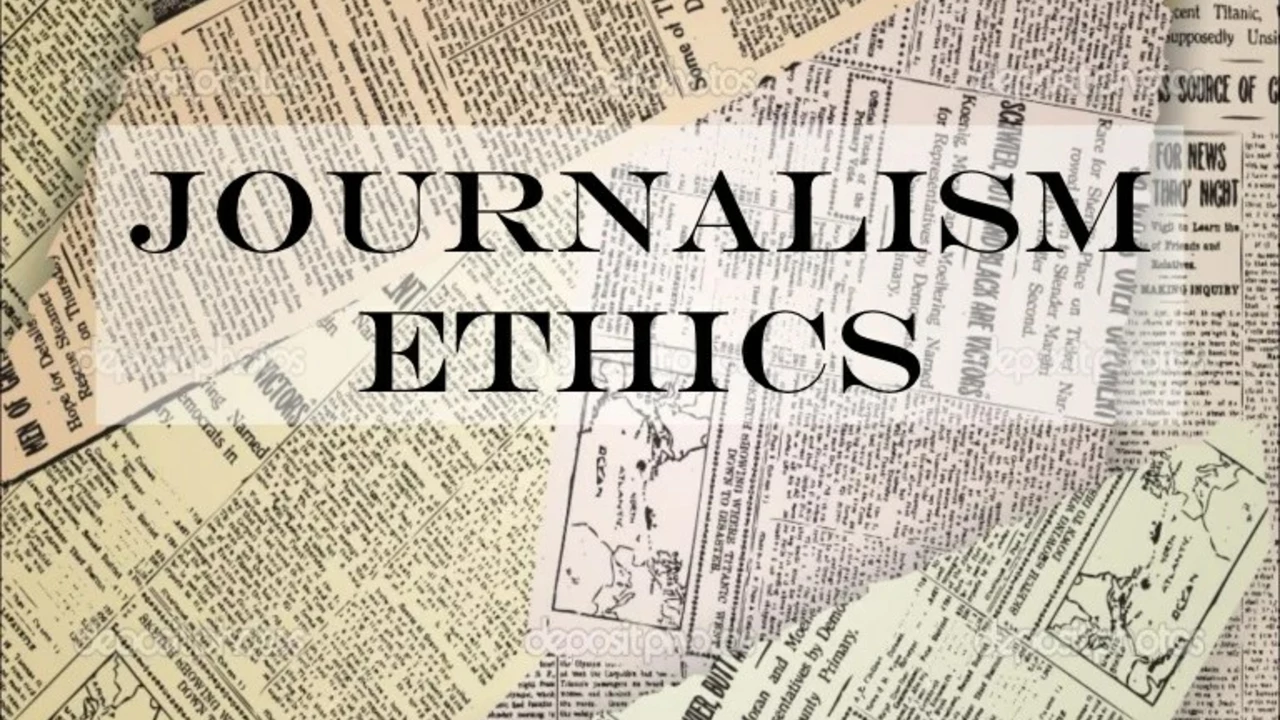Unhealthy Competition in the News Industry
In recent years, the Indian news industry has been plagued by an unhealthy level of competition. This competition is not about who can provide the most accurate news, but rather, who can get the highest ratings. This drive for ratings has led to sensationalism, with news channels often prioritizing sensational stories over in-depth reporting. We see flashing headlines, dramatic music, and over-the-top anchors who seem to be more interested in creating a spectacle than delivering the news. This not only distracts from the actual news but also creates a culture of fear and anxiety among viewers.
Lack of Media Literacy and Sensitivity
Another major problem with Indian news channels is the lack of media literacy and sensitivity. News channels often indulge in irresponsible reporting, without considering the consequences of their words. This lack of sensitivity is especially evident in their coverage of sensitive issues like mental health, sexual assault, and communal violence. They often resort to victim-blaming, sensationalizing tragedies, and spreading misinformation, which can have severe consequences. This lack of media literacy and sensitivity not only undermines the credibility of the news but also causes harm to the individuals and communities involved.
Biased Reporting and Lack of Objectivity
Indian news channels have also been criticized for their biased reporting and lack of objectivity. News channels often take sides in political debates, favoring one party or ideology over another. This bias is not only apparent in their coverage of political events but also in their choice of experts and panelists. The resulting lack of balanced viewpoints and objective analysis makes it difficult for viewers to form their own informed opinions. This is a direct violation of journalistic ethics, which require news outlets to remain impartial and present all sides of a story.
Commercialization and Ownership Influence
The commercialization of news channels and the influence of owners have also been a cause for concern. Many Indian news channels are owned by large corporations or individuals with political affiliations, which can influence their coverage. This often results in news channels promoting the interests of their owners, at the expense of public interest. This commercialization and ownership influence not only undermine the independence of the news, but also compromise its quality and credibility.
Regulation and Accountability
Lastly, the lack of regulation and accountability is a major problem. The Indian news industry is largely self-regulated, with few mechanisms in place to hold news channels accountable for their actions. This lack of regulation and accountability has allowed news channels to get away with unethical practices, including spreading fake news and hate speech. This not only undermines the trust in news media, but also threatens the democratic process, as people rely on news media for accurate information to make informed decisions.
In conclusion, the Indian news industry is facing a crisis of credibility, with news channels often prioritizing ratings over accuracy, sensationalism over sensitivity, and commercial interests over public interest. To restore the credibility of the news, it is essential to address these issues and ensure that news channels adhere to the principles of objectivity, impartiality, and public interest.



